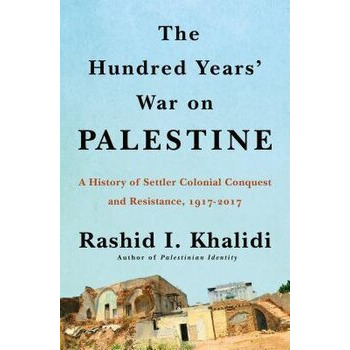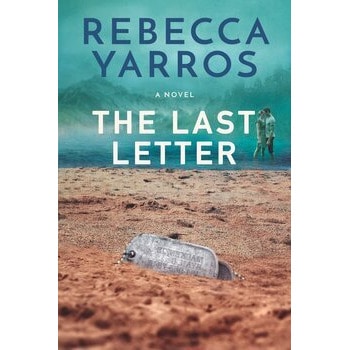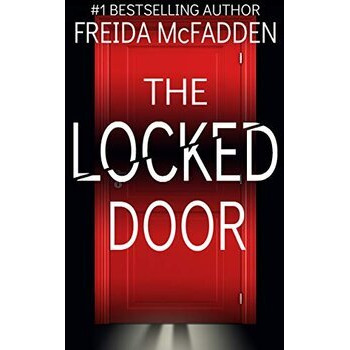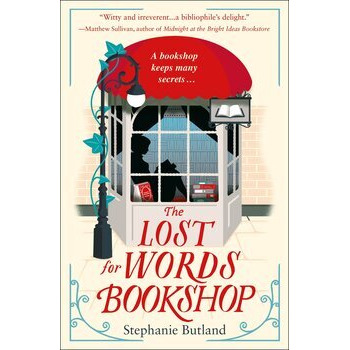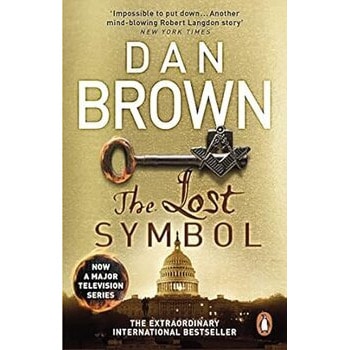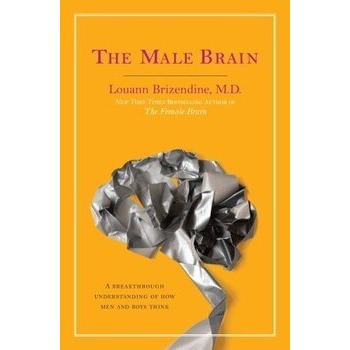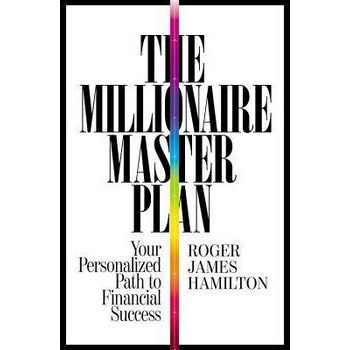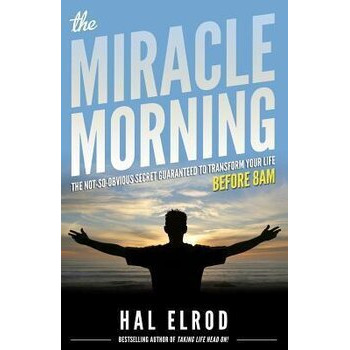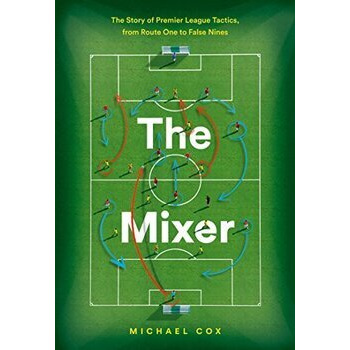The Hundred Years’ War on Palestine
The Hundred Years' War on Palestine by Rashid Khalidi is a historical and political analysis of the Palestinian struggle for self-determination, spanning over a century of conflict. Drawing on personal experiences and extensive historical research, Khalidi traces the roots of the Palestinian conflict, from the early 20th century during the British Mandate, through the creation of Israel, and up to the modern-day struggles. The book explores the impact of imperialism, Zionism, and global politics on the Palestinian people and their land, while highlighting the resilience and resistance of Palestinians throughout history. Khalidi offers a critical perspective on the ongoing conflict and provides insights into the complexities and injustices that have shaped the Palestinian experience.
The Hunger Games
*The Hunger Games* by Suzanne Collins is a gripping dystopian novel set in a post-apocalyptic world called Panem, where society is divided into twelve districts controlled by the oppressive Capitol. Every year, the Capitol holds the Hunger Games, a televised event in which two "tributes" from each district, typically teenagers, must fight to the death in a dangerous arena until only one remains. The story follows 16-year-old Katniss Everdeen, who volunteers to take her sister's place in the games. Alongside her fellow tribute, Peeta Mellark, Katniss must navigate the brutal challenges of survival, strategy, and alliances while dealing with the moral and emotional turmoil of participating in the deadly spectacle. *The Hunger Games* explores themes of survival, sacrifice, and the effects of violence and power, becoming a cultural phenomenon and the first book in a trilogy that questions the nature of authority, media manipulation, and human resilience.
The Hungry Empire
"The Hungry Empire" by Lizzie Collingham is a fascinating exploration of the relationship between the British Empire and its culinary practices. The book delves into how food played a crucial role in the empire's expansion and how colonialism influenced British tastes and dietary habits. Collingham examines the ingredients, recipes, and food culture that emerged from this imperial context, revealing how the empire's appetite for exotic foods shaped both British cuisine and the economies of colonized regions. Through rich historical narratives and engaging anecdotes, she highlights the social and political implications of food during the era of imperialism. This book provides a unique lens on the intersection of food, culture, and power, making it a compelling read for those interested in history, gastronomy, and colonial studies.
The Last Letter
The Last Letter by Rebecca Yarros is a heart-wrenching romance novel that follows the story of a woman named Eliza, who discovers a series of letters written by a soldier, Beckett, during his deployment. As Eliza reads Beckett’s letters, she is drawn into his world of love, loss, and sacrifice. The letters serve as a powerful connection between them, despite the distance and time, and ultimately, Eliza must come to terms with her own past while navigating her feelings for a man who may never be a part of her present. The book explores themes of grief, healing, and the enduring power of love.
The Light of All That Falls
The Light of All That Falls by James Islington is the epic conclusion to The Licanius Trilogy. Set in a world filled with magic, political intrigue, and moral dilemmas, the novel follows the intertwined fates of several key characters as they confront the looming threat of an ancient, powerful enemy. As the last battle approaches, the protagonists—Caden, a skilled magic-wielder, and his companions—must unravel secrets, face their inner demons, and make difficult choices to save their world. The book explores themes of sacrifice, power, and destiny, wrapping up a high-stakes fantasy saga with deep emotional resonance and intricate plot twists.
The Locked Door
The Locked Door by Freida McFadden is a gripping psychological thriller that follows the story of Dr. Kate English, a renowned surgeon with a seemingly perfect life. However, her past is shrouded in mystery and dark secrets, especially surrounding her father, a convicted serial killer. When a new murder occurs, and evidence points to Kate's involvement, she is forced to confront her painful history and unravel the truth about her family's dark legacy. As the tension builds, Kate must navigate a web of deception, trust, and survival, all while racing against time to prove her innocence. The novel explores themes of guilt, family, and the hidden truths that shape us.
The Lost for Words Bookshop
The Lost for Words Bookshop by Stephanie Butland is a heartwarming novel set in a small, independent bookshop in northern England. The story follows Loveday Cardew, a shy and introverted woman who works at the bookshop, hiding from her painful past. As she uncovers old books and letters left behind by previous customers, Loveday begins to confront her own buried secrets. Through the relationships she forms with the quirky customers and the books she encounters, she slowly learns to heal and open up. The novel beautifully explores themes of love, loss, and the power of books to transform lives.
The Lost Symbol
The Lost Symbol by Dan Brown is a fast-paced thriller that follows Harvard symbologist Robert Langdon as he is summoned to Washington, D.C., to solve a mystery involving a secret Masonic society. When Langdon’s mentor, Peter Solomon, is kidnapped, Langdon is thrust into a race against time to uncover a hidden truth buried within the symbols and monuments of the U.S. capital. As Langdon delves deeper into the mystery, he uncovers a web of ancient secrets, conspiracies, and hidden knowledge tied to the Freemasons and the foundations of American history. The novel explores themes of power, science, religion, and the pursuit of enlightenment.
The Male Brain
The Male Brain by Louann Brizendine is a groundbreaking exploration of the science behind the male brain, written by a neuropsychiatrist. The book delves into how biological and hormonal differences shape the behavior, emotions, and cognition of men. Brizendine examines various stages of a man's life, from childhood to adulthood, highlighting how the male brain develops and responds to experiences like relationships, work, and sexuality. The book offers insights into why men think, act, and feel the way they do, and provides a scientific perspective on the differences between male and female brains. It's an engaging read that blends neuroscience with psychology to offer a deeper understanding of male behavior.
The Millionaire Master Plan
The Millionaire Master Plan by Roger James Hamilton is a guide to achieving financial success by understanding and leveraging your unique strengths and talents. The book introduces the concept of the "Wealth Lighthouse," a framework designed to help individuals identify their specific entrepreneurial style and path to wealth. Hamilton presents a step-by-step process for creating a personalized plan that aligns with one's natural abilities, helping readers navigate the journey to financial freedom and success. The book emphasizes the importance of self-awareness, strategic thinking, and building a business or investment plan that works best for each individual.
The Miracle Morning
The Miracle Morning by Hal Elrod is a self-help book that emphasizes the transformative power of a morning routine. Elrod introduces a simple yet effective practice called "S.A.V.E.R.S." — Silence, Affirmations, Visualization, Exercise, Reading, and Scribing — which, when incorporated into your morning routine, can lead to personal growth, productivity, and success. The book encourages readers to wake up early and dedicate time to these activities, which are designed to improve mental, physical, and emotional well-being. Elrod shares inspiring stories and practical tips for creating a morning routine that helps unlock your full potential and create a more fulfilling life.
The Mixer
The Mixer by Michael Cox is a compelling historical novel set in 19th-century England, centered around the lives of the residents of a suburban community. The story unfolds through the experiences of a man known as "the Mixer," a figure who moves between social classes, observing and interacting with the people around him. As the narrative explores themes of class, society, and personal ambition, it delves into the complexities of human relationships and social dynamics. Cox's writing weaves together rich characters and historical detail, offering readers a vivid portrayal of a time of social change and class tension.

